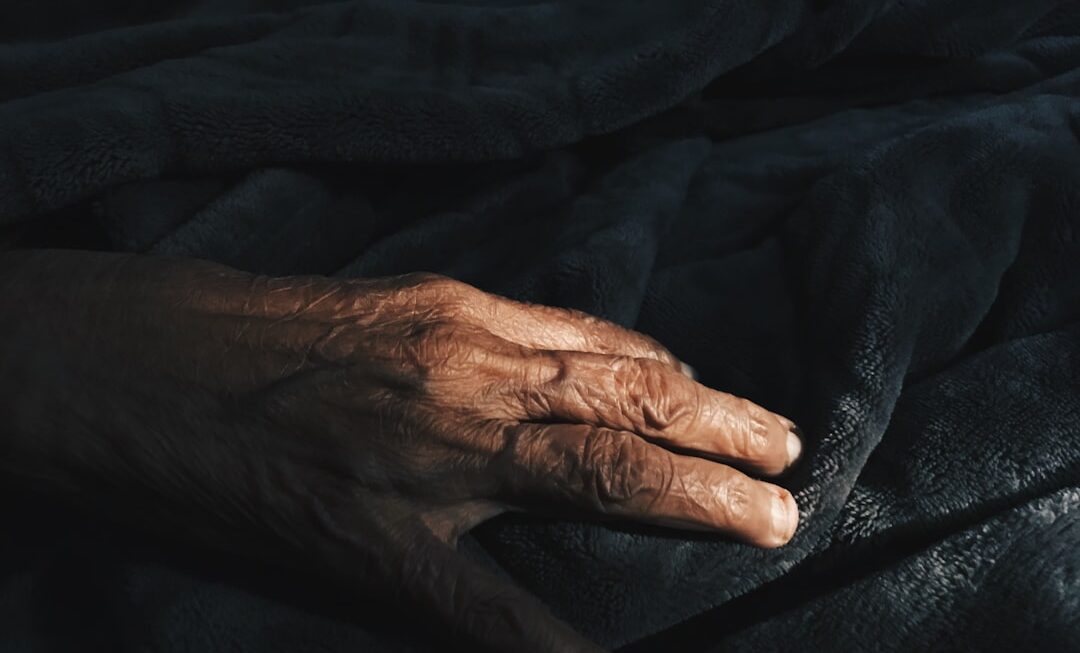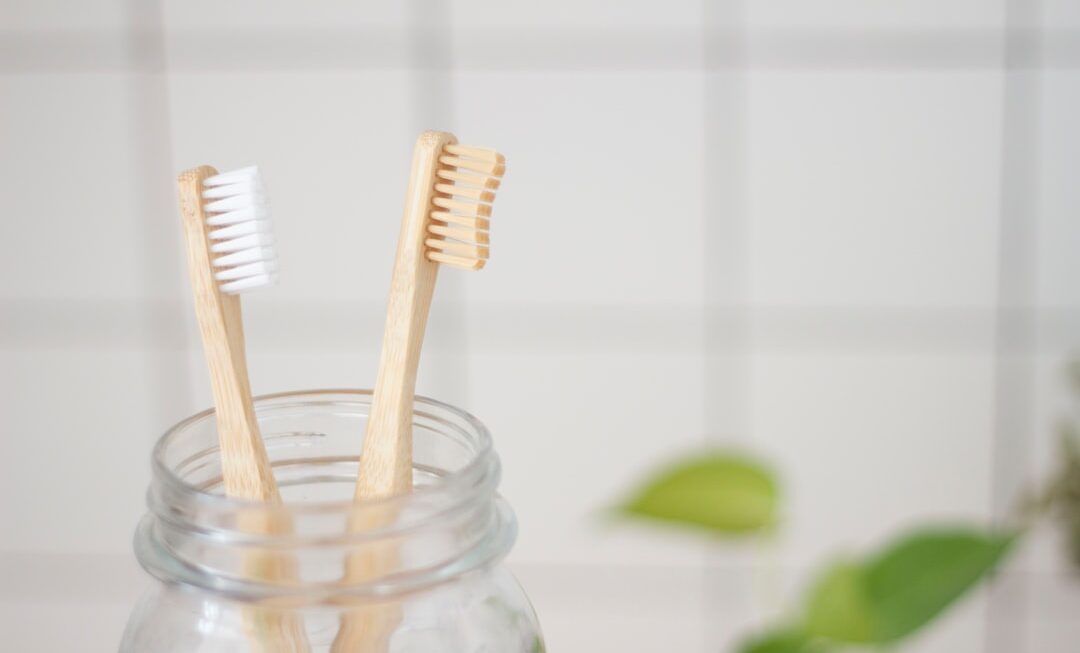As we age, our skin goes through a number of changes. Mature skin over 60 tends to be drier, thinner, and more prone to fine lines and wrinkles. It also loses elasticity and can become dull in appearance. These changes mean that the needs of mature skin are different from those of younger skin. When it comes to foundation, it’s important to choose products that address these specific concerns. Look for foundations that provide hydration, offer a dewy finish, and have anti-aging properties. Additionally, mature skin may benefit from foundations that provide light to medium coverage to even out skin tone without settling into fine lines and wrinkles.
Furthermore, mature skin over 60 may also have age spots, uneven skin tone, and redness. Therefore, it’s important to choose a foundation that can effectively cover these imperfections without looking heavy or cakey. Understanding the needs of mature skin is crucial when selecting a foundation, as it can make a significant difference in how the skin looks and feels.
Key Takeaways
- Mature skin over 60 needs extra hydration and coverage to address fine lines, wrinkles, and age spots
- Look for foundation with ingredients like hyaluronic acid, vitamin C, and peptides to hydrate and plump the skin
- Foundation options like Estée Lauder Perfectionist Youth-Infusing Makeup and L’Oréal Paris Age Perfect Radiant Serum Foundation are great for mature skin
- When applying foundation on mature skin, use a damp sponge or brush for a smooth and even application
- Choose a foundation shade that matches your neck and chest to ensure a seamless and natural look
- A good skincare routine with moisturizing, exfoliating, and using SPF is crucial for mature skin when using foundation
- Avoid using too much powder, over-applying foundation, and neglecting to blend properly when using foundation on mature skin
Key ingredients to look for in foundation for mature skin
When shopping for foundation for mature skin over 60, it’s important to pay attention to the ingredients in the product. Look for foundations that contain hydrating ingredients such as hyaluronic acid, glycerin, and squalane to help plump and moisturize the skin. These ingredients can help combat the dryness and dullness that often come with mature skin. Additionally, foundations with antioxidants like vitamin C and E can help protect the skin from environmental damage and promote a more youthful appearance.
Another key ingredient to look for in foundation for mature skin is peptides. Peptides can help stimulate collagen production, which is essential for maintaining skin elasticity and firmness. Foundations with peptides can help improve the overall texture and appearance of mature skin. Furthermore, it’s important to avoid foundations with heavy fragrances or alcohol, as these can be drying and irritating to mature skin. By choosing foundations with these key ingredients, you can ensure that your makeup not only provides coverage but also benefits your skin in the long run.
Top foundation options for mature skin over 60
There are several foundation options on the market that are specifically formulated to address the needs of mature skin over 60. One popular choice is the Estée Lauder Perfectionist Youth-Infusing Serum Makeup. This foundation contains anti-aging ingredients such as peptides and hyaluronic acid to help plump and firm the skin while providing a natural, radiant finish. Another great option is the IT Cosmetics Your Skin But Better CC+ Cream, which offers full coverage with a hydrating formula that includes collagen, peptides, and hyaluronic acid to improve the appearance of fine lines and wrinkles.
For those looking for a more affordable option, the L’Oréal Paris Age Perfect Radiant Serum Foundation is a great choice. This foundation is specifically designed for mature skin and contains SPF 50 to protect against sun damage. It also provides a radiant finish and is infused with hydrating serum for all-day moisture. Additionally, the Bobbi Brown Intensive Skin Serum Foundation is a luxurious option that contains lychee, bamboo grass, and cordyceps mushroom extracts to help improve skin texture and tone while providing medium to full coverage. These top foundation options are specifically formulated to address the unique needs of mature skin over 60, providing both coverage and skincare benefits.
Tips for applying foundation on mature skin
| Tip | Description |
|---|---|
| Moisturize | Apply a hydrating moisturizer before foundation to keep the skin hydrated. |
| Primer | Use a primer to fill in fine lines and create a smooth base for foundation. |
| Lightweight Formula | Choose a lightweight, liquid foundation to avoid settling into wrinkles. |
| Blend Well | Blend foundation well using a damp sponge or brush to avoid cakey appearance. |
| Avoid Powder | Avoid using too much powder as it can accentuate fine lines and dryness. |
When applying foundation on mature skin over 60, there are a few tips to keep in mind to ensure a flawless finish. First, it’s important to start with a well-hydrated base. Use a moisturizer or primer specifically designed for mature skin to create a smooth canvas for your foundation. This will help prevent the foundation from settling into fine lines and wrinkles.
Next, opt for a lightweight, buildable foundation formula that provides coverage without looking heavy or cakey. Using a damp makeup sponge or a brush, gently blend the foundation into the skin using light tapping or buffing motions. Avoid dragging or pulling on the skin, as this can accentuate any sagging or loss of elasticity.
Additionally, consider using a color corrector or concealer to target specific areas of concern such as dark spots or redness before applying foundation. This can help minimize the amount of foundation needed and create a more natural-looking finish. Finally, set your foundation with a translucent powder to help it last longer and prevent any unwanted shine throughout the day. By following these tips, you can achieve a smooth and radiant complexion that enhances the natural beauty of mature skin.
How to choose the right shade of foundation for mature skin
Choosing the right shade of foundation is crucial for achieving a natural and flattering look on mature skin over 60. When selecting a foundation shade, it’s important to consider any changes in skin tone that may have occurred over time. Mature skin may experience pigmentation changes, so it’s essential to find a shade that matches both the face and neck to create a seamless transition.
When testing foundation shades, it’s best to do so in natural light to get an accurate representation of how the color will look on your skin. Additionally, consider opting for a shade that has neutral or slightly warm undertones to counteract any redness or sallowness in the complexion. Avoid shades that are too light or too dark, as they can make the skin appear washed out or uneven.
Furthermore, consider choosing a foundation with buildable coverage so you can customize the level of coverage based on your specific needs. This can help create a more natural and youthful appearance while still providing the necessary coverage for any imperfections. By taking these factors into account when choosing a foundation shade, you can ensure that your makeup enhances your natural beauty and complements your mature skin.
The importance of skincare routine for mature skin when using foundation

Maintaining a consistent skincare routine is essential for mature skin over 60, especially when using foundation on a regular basis. Proper skincare can help address specific concerns such as dryness, fine lines, and loss of elasticity, which can affect how foundation looks and wears on the skin. Start by cleansing the skin with a gentle cleanser to remove any impurities and prepare the skin for makeup application.
Next, apply a hydrating serum or moisturizer specifically formulated for mature skin to provide essential moisture and nourishment. This will help create a smooth base for foundation and prevent it from clinging to dry patches or settling into fine lines. Additionally, don’t forget to apply sunscreen as part of your skincare routine to protect against sun damage, which can exacerbate signs of aging.
Incorporating regular exfoliation into your skincare routine can also help improve the texture and appearance of mature skin, making it easier for foundation to glide on smoothly. Finally, consider using targeted treatments such as eye creams or serums to address specific concerns around the eyes, such as puffiness or dark circles. By prioritizing skincare alongside foundation application, you can ensure that your makeup looks its best while also promoting the overall health and appearance of your mature skin.
Common mistakes to avoid when using foundation on mature skin
When using foundation on mature skin over 60, there are several common mistakes to avoid in order to achieve a natural and youthful look. One common mistake is using too much product, which can result in a heavy or cakey appearance that accentuates fine lines and wrinkles. Instead, opt for a lightweight formula and build up coverage only where needed to create a more natural finish.
Another mistake is neglecting to properly prep the skin before applying foundation. Without proper hydration and skincare, foundation can settle into dry patches and emphasize texture rather than creating a smooth canvas. Additionally, using the wrong tools for application can also lead to less-than-ideal results. Avoid using brushes with stiff bristles or applying foundation with fingers, as these methods can disrupt the delicate texture of mature skin.
Furthermore, choosing the wrong type of foundation for your specific needs can also be a common mistake. For example, using a matte or full-coverage foundation on dry or dull skin can make it look even more lackluster and aged. Instead, opt for foundations with hydrating properties and luminous finishes to enhance the natural radiance of mature skin.
Finally, forgetting to blend foundation down the neck and onto the ears can result in an uneven appearance where the face doesn’t match the rest of the body. By avoiding these common mistakes and taking a mindful approach to foundation application, you can achieve a flawless and age-defying look that enhances the beauty of mature skin over 60.
If you’re looking for the best foundation for mature skin over 60, you may also be interested in learning about the benefits of using natural skincare products. Optimal Life Essence offers a great article on the topic, discussing the importance of using natural ingredients to nourish and rejuvenate aging skin. Check out their article here to discover the benefits of natural skincare for mature skin.
FAQs
What is the best foundation for mature skin over 60?
The best foundation for mature skin over 60 is one that provides hydration, offers good coverage without settling into fine lines and wrinkles, and has anti-aging properties.
What should I look for in a foundation for mature skin over 60?
When choosing a foundation for mature skin over 60, look for formulas that contain moisturizing ingredients like hyaluronic acid, glycerin, and squalane. Additionally, opt for foundations with light-reflecting particles to give the skin a radiant and youthful appearance.
Are there specific ingredients to avoid in foundations for mature skin over 60?
Avoid foundations with heavy, matte finishes, as they can accentuate fine lines and wrinkles. Also, steer clear of foundations with alcohol and fragrance, as they can be drying and irritating to mature skin.
How can I apply foundation for mature skin over 60 for the best results?
For the best results, apply foundation for mature skin over 60 with a damp makeup sponge or a foundation brush. Start with a small amount and build up coverage as needed, focusing on areas where you need the most coverage.
Can I use powder foundation on mature skin over 60?
While powder foundation can work for some individuals with mature skin, it’s generally best to opt for a liquid or cream foundation that provides hydration and a more youthful, radiant finish. If you prefer powder foundation, make sure to moisturize well beforehand to avoid a dry, cakey appearance.



